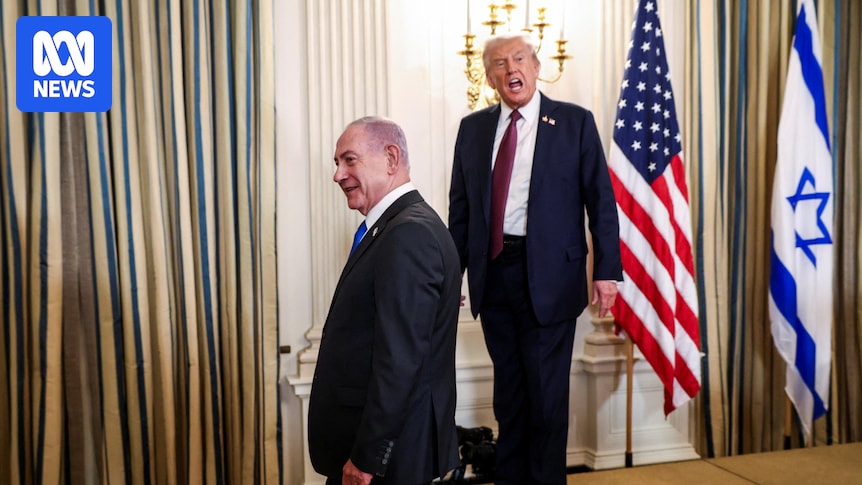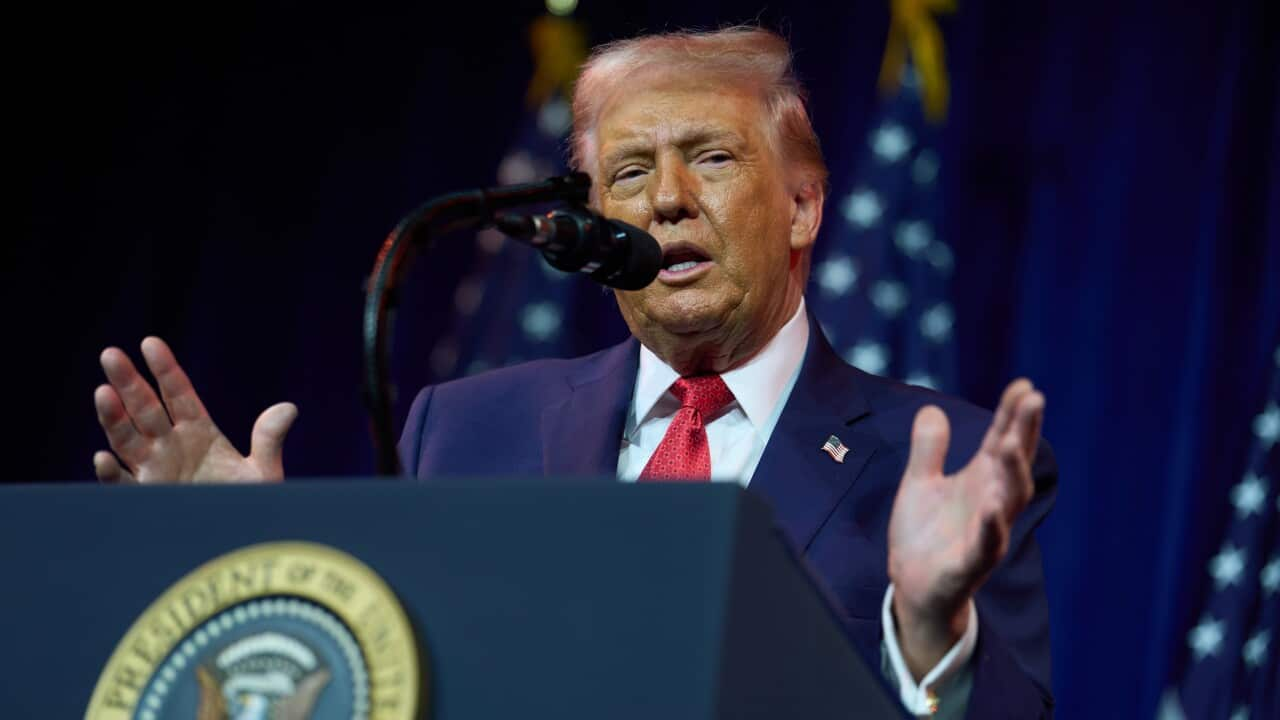
The murder of worshippers at a Manchester synagogue has brought the Middle East conflict back into the Western consciousness this week. The incident, steeped in antisemitism and religious hate, occurred on Yom Kippur, Judaism’s holiest day, and on the eve of the third anniversary of the Hamas-led attack on Israelis that resulted in nearly 1,200 deaths on October 7. This event has further fueled the ongoing conflict in Gaza, where a grim tally of 65,000 lives lost, rampant starvation, and a population in constant flight from bombardment, now echoes ominously across global geopolitics.
Just days ago, former U.S. President Donald Trump was promoting his 20-point peace plan alongside Israeli Prime Minister Benjamin Netanyahu. “I’ve settled so many wars,” Trump declared. “Yesterday, we might have settled the biggest of them all. Although I’m not sure, Pakistan and India were very big. Both nuclear powers. I settled that. But yesterday could be the settlement in the Middle East. That hasn’t happened for 3,000 years.” However, he noted, “Hamas had to agree: If they don’t, it will be very tough on them.”
Peace Plan Controversies and Global Reactions
Despite Trump’s optimistic portrayal, the likelihood of Hamas agreeing seemed slim by week’s end. More significantly, global consensus appeared fractured. As reported by Al Jazeera, Netanyahu’s public acceptance of the U.S. plan was contradicted by his domestic assurances that Israel had not agreed to a Palestinian state and would maintain a military presence in Gaza.
Le Monde highlighted the discontent in Arab capitals, feeling deceived by Netanyahu with Washington’s endorsement. “Between what Trump outlined to them on September 23 in New York and the text released by the White House on Monday,” the French newspaper reported, “Substantial amendments had been made at Israel’s behest.” These amendments, which were not part of Trump’s initial discussions, concerned revitalizing the Palestinian Authority and establishing a Palestinian state, among others.
In France, which had spearheaded efforts to recognize Palestine at the United Nations, reactions were mixed. While the peace plan was praised as a continuation of previous efforts, there was apprehension about offending the U.S. and potential retaliatory measures from Israel.
Regional and International Implications
The conflict has drawn in nations worldwide, with Israel becoming increasingly isolated. Indonesia and Pakistan, representing a significant portion of the global Muslim population, were present at the New York meeting and felt misled by the discrepancies between the discussions and the White House announcement.
By the end of the week, the peace deal, touted as historic, appeared unlikely to materialize in its current form. Conflicting reports on Hamas’s stance and Netanyahu’s inconsistent messaging have left many countries feeling misled and frustrated.
Meanwhile, the interception of an international flotilla heading for Gaza has sparked widespread outrage. Protests erupted in cities such as Barcelona, London, Paris, and Rio de Janeiro. In Italy, a general strike was called in support of the flotilla, pressuring Prime Minister Giorgia Meloni to take a stronger stance against Israel’s actions.
Economic and Political Ramifications
The European Commission has proposed trade sanctions on Israel, and Meloni’s vote could be pivotal in their approval. In the U.S., a majority of voters now oppose additional aid to Israel, with Congressional Democrats distancing themselves from AIPAC.
In Southeast Asia, the conflict is a hot-button issue. Protests in Kuala Lumpur and growing unease in Singapore highlight regional tensions. Singapore, with its historical defense ties to Israel, faces a dilemma on how to navigate its relationship amid the conflict.
Trump’s tariffs continue to strain relations, with some countries facing higher tariffs than others. As the U.S. and China negotiate their trade war, the implications for regional manufacturing and economic alliances remain uncertain.
Shifting Alliances in Southeast Asia
A study by Singapore academics Yuen Foong Khong and Joseph Chinyong Liow, published in Foreign Affairs, suggests Southeast Asia is drifting towards China. The region, historically balancing relations between the U.S. and China, is increasingly influenced by Beijing.
“South-East Asian countries may insist that they are staying above the fray, but their policies reveal otherwise. The region is drifting toward China, a fact that bodes ill for American ambitions in Asia.”
The Gaza conflict and U.S. tariffs may accelerate this shift, raising questions about the future of American influence in the region.
As geopolitical tensions rise, the global community awaits clarity on the U.S.’s foreign policy direction and its implications for international relations.





